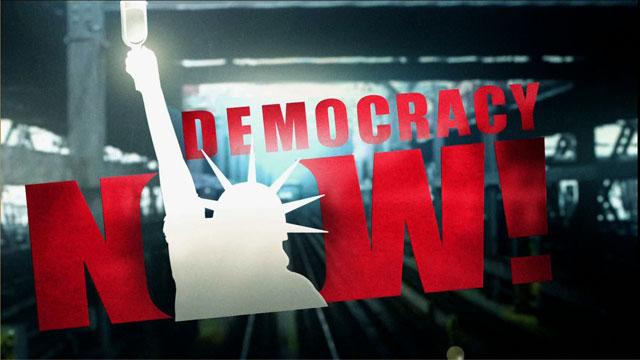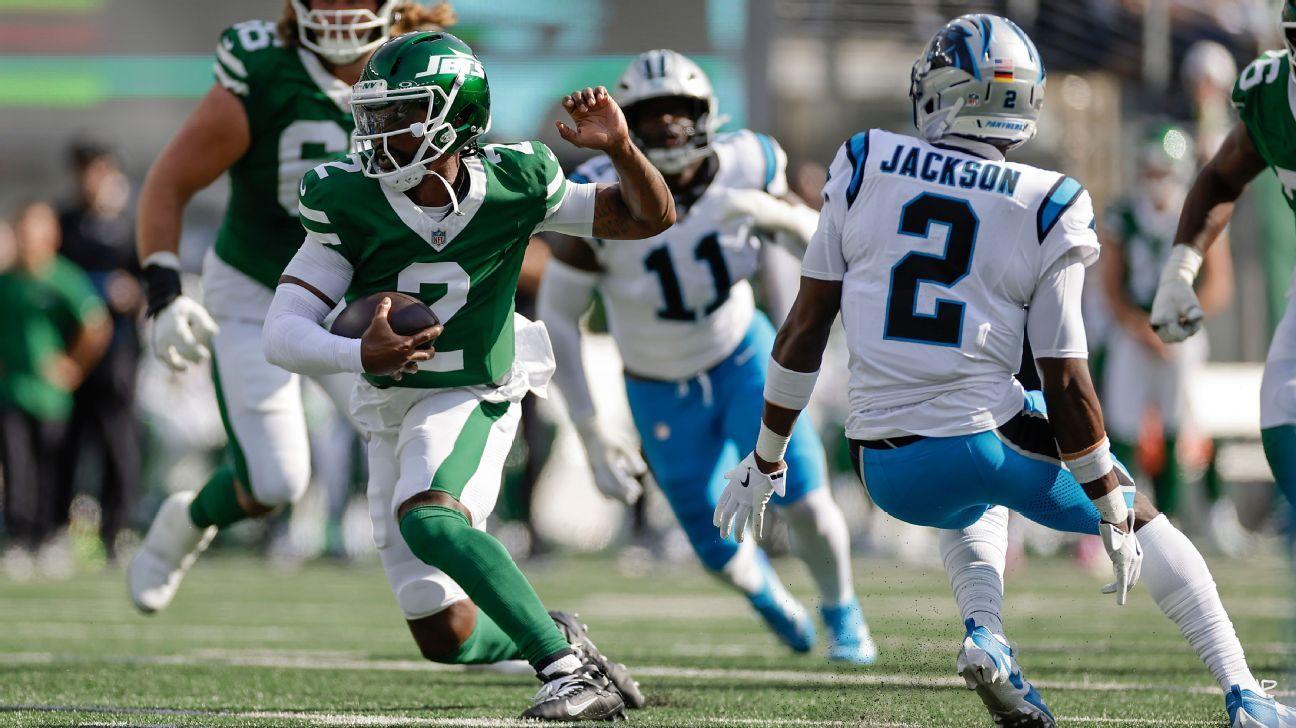Middle managers may have a bad reputation but without them, visionaries are not free to focus on a company's goals....
In Defense of Central Management: Why Bureaucracies Run Businesses
Middle managers may have a bad reputation, but without them, the audience would not be free to focus on the company's goals.Bureaucracy isn't always a bad thing—and efficiency isn't always polite.
"The ideal racing car would be one that beats its nearest rival by a few meters and then immediately falls apart."This apocryphal statement is most credibly attributed to Colin Chapman of Lotus, but it was also said by Ferdinand Porsche, who said it.Regardless of its original origins, the coupe embodies a certain type of design philosophy.When a specific task needs to be achieved, the most elegant solution is a goal that is properly achieved with minimal resources.Anything more - a little more winning margin, a little more tenacity - a waste.
But it is a good idea of a cojires.It's just a simple way to do everything at school.He is the best
This difference is happening in our economy and economy.Not wanting to understand the truth, many organizations and companies and companies and companies have decided to have this proverb as a philosophy of management.To be effective, governments and businesses have spent the last few years trying to remove control, control passengers, and eliminate waste.
The results were sad and negative.The attempt to reduce the government has resulted in a high level of taxation to GDP and below economic growth.Companies that have managed themselves to rise to Naipial's back have ended up being canceled and falling from one problem to another.Almost all of the value that has been created this century has been influenced by technology and customer service, rather than return on ownership.
The vast majority of the world's problems come down to something as simple as this: fault-finding in the implementation of policies and concerns about power in an uncertain world.As the computer scientist Donald Touth once said, "This means that the methods that make the system the best in one area can be dangerous. Because of this, you should not try to fix something else until you are sure of the problem you are planning."
So which design philosophy is better?How can we design a system that doesn't collapse as soon as it crosses the hypothetical finish line?Ironically, the answer may be that we need to take another look at one of the most despised classes of intellectual workers: middle managers.
What do middle managers actually do?Most of the time, they get in everyone's way.They hold interim meetings, compile manuals and policies, and spend every spare moment involved in internal politics.If we define a "middle manager" as someone not directly involved in producing a product or talking to customers, it's not hard to see why they always attract suspicion.If there is any waste or dead wood in an organization, moderate management is usually where it is found
But let's look again at these activities and ask ourselves a question that we once took much more seriously: What is the organization for?Why do companies hire permanent employees at all, instead of simply buying services and hiring employees by the day on the open market?If we go beyond the assumptions of conventional economics, which assume that information is flawless and complete, and consider the actual mechanisms by which it is stored and transmitted, we get some real answers.
The application of the theory to organizations has been called "management cybernetics," a school of management theory so overshadowed by "shareholder value" that it exists today beyond second-hand bookstores and the personal idioms of a few aging professors.
The company gives the products but its management makes the decisions.A company or organization is an information processing system; it is essentially an AI that is made up of people, notes, phone calls, and emails.The reason why there is a large group, instead of a virtual "company" bought by a reputable founder, because of an accounting system, is because the accounting center and more than one person can provide.People form organizations to expand their capabilities and take on greater tasks that they cannot accomplish on their own.This is a Bridge Feature The manufacturing revolution is a revolution in the revolution in not only manufacturing but also decision making.
That's what good middle management does.They have information and communication takes place so that the organization can function.The actual task of middle management is to ensure that information arrives where it needs to be, in such a form that it can be the basis of a decision and at the right time.For this, middle managers use many appropriate methods.suitable.And yes, they hold long meetings, partly to review information and share ways to communicate with the unknown and the unknown that might happen some day in the future.
Hiring enough of these people (or worse, hiring but not listening) leads to a kind of corporate cognitive impairment sometimes called "founder syndrome" when it occurs in startup companies., or cannot accept that the organization is now outgrowing its information processing capabilities.The symptoms of founder syndrome can be obvious (except to the person causing it).Details get lost, deadlines get stretched, processes can't be minimized and everyone starts talking about "micro-management".But, more devastatingly, the organization develops tunnel vision.The only information the founder can capture anything from their screens is only when the founder still has spare bandwidth to think about the outside world.Venture capitalists often run the risk of founder syndrome and begin by demanding that the vision be maintained, then "hire good people and let them work with them."
So who is right?Answering anything other than "It depends" will reveal an interesting lack of question.To answer a problem anywhere on the CI spectrum, we need to go back to design principles and choose the idea of what is seriously a system that contains information.This approach is like putting on magic glasses that suddenly reveal the true structure.case and policy details?Is the organization focused on the immediate problem, or can it be external and into the future—and control external information once it is collected?And, very importantly, what will things look like if the world is changed?
Interestingly, none of these questions seem closely related to cost-effectiveness or shareholder value.There's a very good reason for this: you can't understand a business by looking at its accounts.An accounting system is a way to organize some kind of information about some aspect of a company.And he always looks back.This makes it exactly the kind of information-reducing filter that can dangerously impair your ability to adapt.
You could say almost every time the amount of money the project will cost is less important than the simple question. We don't have a corresponding term about whether or not a project will work. But often people put more effort to the first than the latter.We do not have equivalent. "Costing" describes the careful and thorough evaluation of the benefits of doing something so that we get the kind of companies and projects we deserve.
In our current economy, we are the only ones in society and institutions who have the right to look beyond calculations, take risks, and think about the big picture.But it doesn't have to be that way.Take Nokia for example.In the last century, the company manufactured rubber boots;Today it manufactures communications equipment.It is used to operate the sewage system in Lyon.Less quickly, IBM and Apple established themselves several times over.
The good thing about "founder mode" might be that a company with a strong sense of identity and purpose can adapt to its environment.It's not a supercar that delivers excellent straight-line performance and breaks down in first gear.
Perhaps the ultimate lesson of cybernetics is that a sense of identity and purpose is at the heart of government activity.You can only think about the company from the perspective of sensing information, when you first decide what the information leads to, what the system "takes care of".This was the real responsibility of the founders from the beginning.In an established corporation, it may belong to the CEO, but more likely it will be allocated to the entire management team.
The distinction between founders and managers, seasons and syndromes is flawed.Excessive bureaucracy is not always bad, and efficiency is not always good.What is important for a company is viability and the ability to respond to unforeseen changes.And the cornerstone of vitality is self-knowledge, understanding what company is for.
This is the beginning of defining what kind of environment it is dealing with – and only then does it make sense to start optimizing.Middle managers are the brains of the company, but the brain must follow the heart.
About the author-
Dan Davies is a journalist, author and former Bank of England economist who worked as an analyst for several investment banks.His books include Lies for Money and Car of Non-Responsiveness.
Read again: How we can do to replace meeting about it








